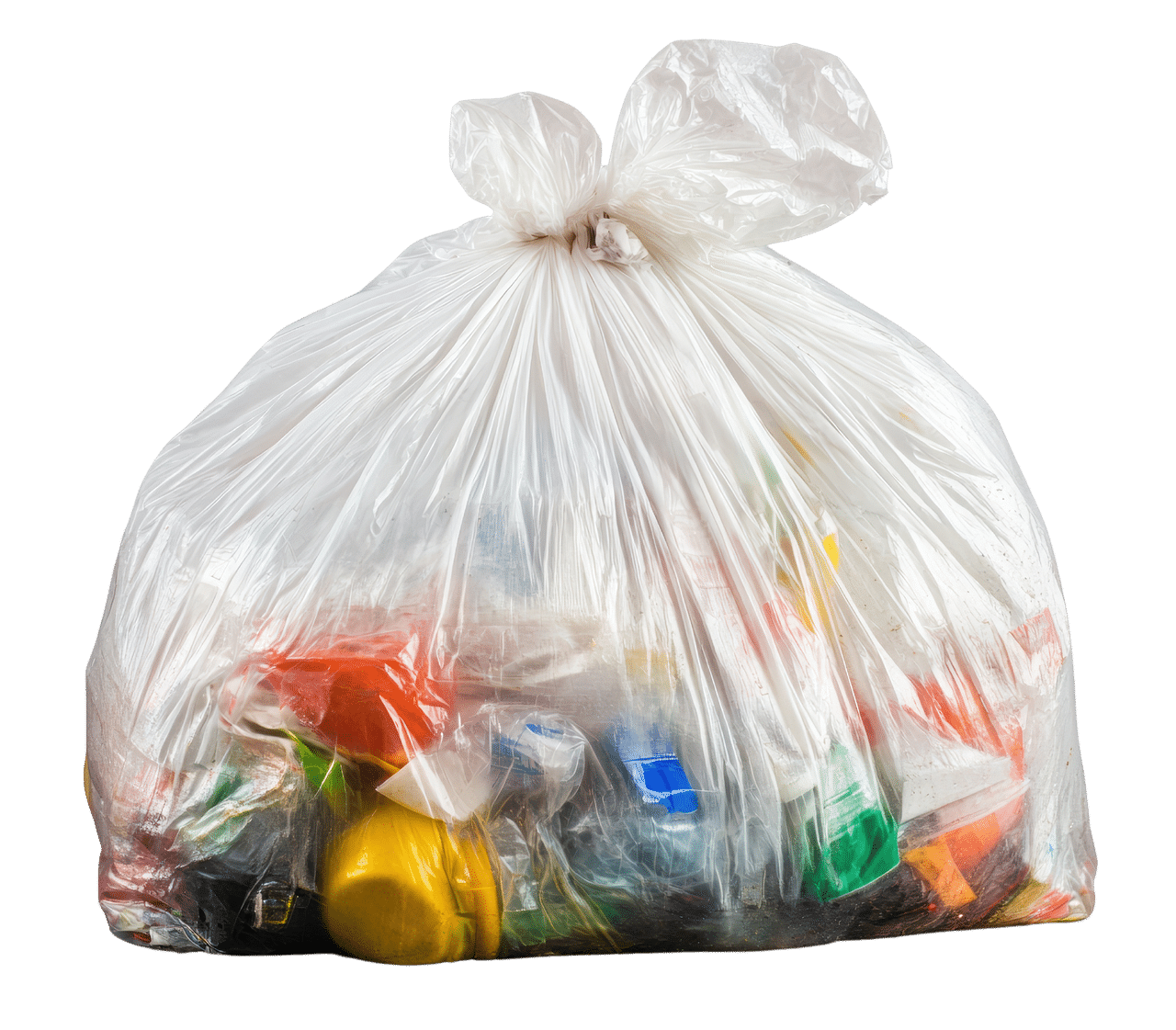 Photo:Pixabay.com
Photo:Pixabay.com
New law to compel businesses to reduce packaging and make it easier to recycle
With a new law, a broad majority in the Danish Parliament intends to change the fact that Denmark is among the countries that produce the most household waste, half of which is packaging waste like shampoo bottles and meat trays. The law aims to encourage thousands of businesses to use less and greener packaging for their products.
Despite a significant portion of packaging waste already being recycled, politicians want to reduce the amount of packaging and increase recycling substantially.
Therefore, producers who distribute packaging to stores will now be required to pay for the collection and treatment of the packaging when it is thrown away. This is the consequence of the new law recently passed in the Danish Parliament, following the political agreement on extended producer responsibility (2022), supported by the Social Democrats, Venstre, the Socialist People’s Party, Enhedslisten, Danish People’s Party, Moderates, Radical Left, Conservatives, and Alternativet.
“Packaging takes up far too much space in our waste, and the huge amounts of packaging we struggle to unwrap, sort, and recycle must be reduced. But consumers and households cannot handle this task alone. Companies must take responsibility by cutting down on packaging and making it easier to recycle. That is the purpose of this law, expected to increase high-quality recycling by about 60,000 tons per year,” says Minister for Environment Magnus Heunicke.
The law shifts the cost of handling packaging waste from citizens’ waste fees to businesses. It is estimated to potentially reduce citizens’ waste fees by around 500-600 DKK per household, excluding VAT, per year.
Danes are still required to sort waste as usual, and municipalities will continue to collect packaging waste. However, municipalities will then transfer the waste to companies responsible for ensuring that it is recycled.
The extended producer responsibility for packaging will take full effect on October 1st next year.

